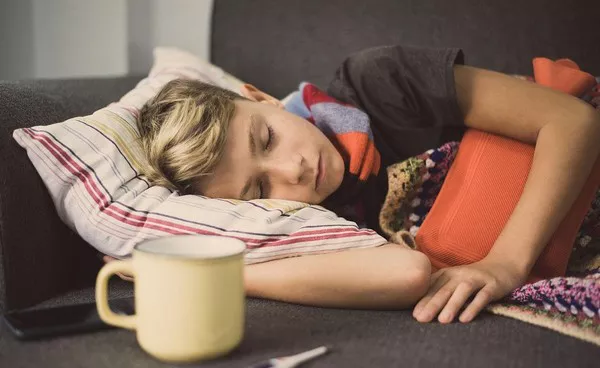Philosophers and writers have long examined and judged romantic passion and love.
After the 19th century, psychologists and sociologists also stepped in.
In recent years, brain researchers have joined the discussion.
Historically, people have associated love with the heart, but now they are trying to crack the code from the brain by using the rich imagination and other modern means to find the channels of love.
Psychologists have confirmed from studies of human relationships that romantic love does wane.
According to the survey, the average couple loses a little spark each year.
Lincoln University and the University of Pennsylvania conducted a sociological study on marital satisfaction.
They followed 2,000 married people for 17 years and found that marital happiness declined significantly in the first decade of marriage, then gradually entered a slow decline.
About 15 years ago, A. Aron, A social psychologist at Brock University in the United States, began to explore the “unconventional” part of couples, trying to plot A curve away from past statistics.
A typical response he gets from “unconventional” couples is: “We’ve always been in love.”
“I don’t know why,” Dr. Aron said.
Was there a sampling error, or were the couples lying to themselves?
Because people don’t think that’s possible.”
Then Mrs. Dacre, who claims to be in long-term love with her husband, came to the N.Y.U. lab to have her brain’s imagination tested.
She stood in front of a high-tech scanning machine, facing a picture of her husband.
The device recorded changes in the degree of oxygen supply from the blood in her brain, which is always rapidly supplying oxygen to the working areas of the brain.
The researchers used this to determine where and when the brain was more active during thinking and feeling tasks, as well as changes in the brain’s biochemical components associated with happiness.
Dr. Aron also collaborated on the study with brain scientists from the Department of Anthropology at Rogers University in New Jersey and the Albert Einstein College of Medicine in New York.
These studies have been going on for more than a decade but have not yet been declared complete.
The researchers’ interim conclusion is that love does involve a biochemical reaction in the brain;
This biochemical reaction is not conditioned by culture or ideology;
The constant acts of affection, such as hugging and kissing, between couples can stimulate new biochemical reactions in the brain, leading to fresh feelings of love.
And couples who claim to be in love for the long term mostly do.
Whether shopping at the supermarket, waiting at the bus stop or attending a party with friends, Ms. Dacre admits that she and her husband are in the habit of staying close.
It can be seen that hugging and kissing are effective preservatives of love.
Some say that if lasting love comes from a biochemical reaction in the brain, then an injection should be invented to replenish the “love hormone” so that the happy nerves associated with love in the brain remain active forever, and love can last a lifetime between a couple.
Dr. Aron’s answer: They’re working toward that, but they’re nowhere near where people want them to be.
(The above content is only authorized for family doctor online exclusive use, do not reprint without permission.)



























